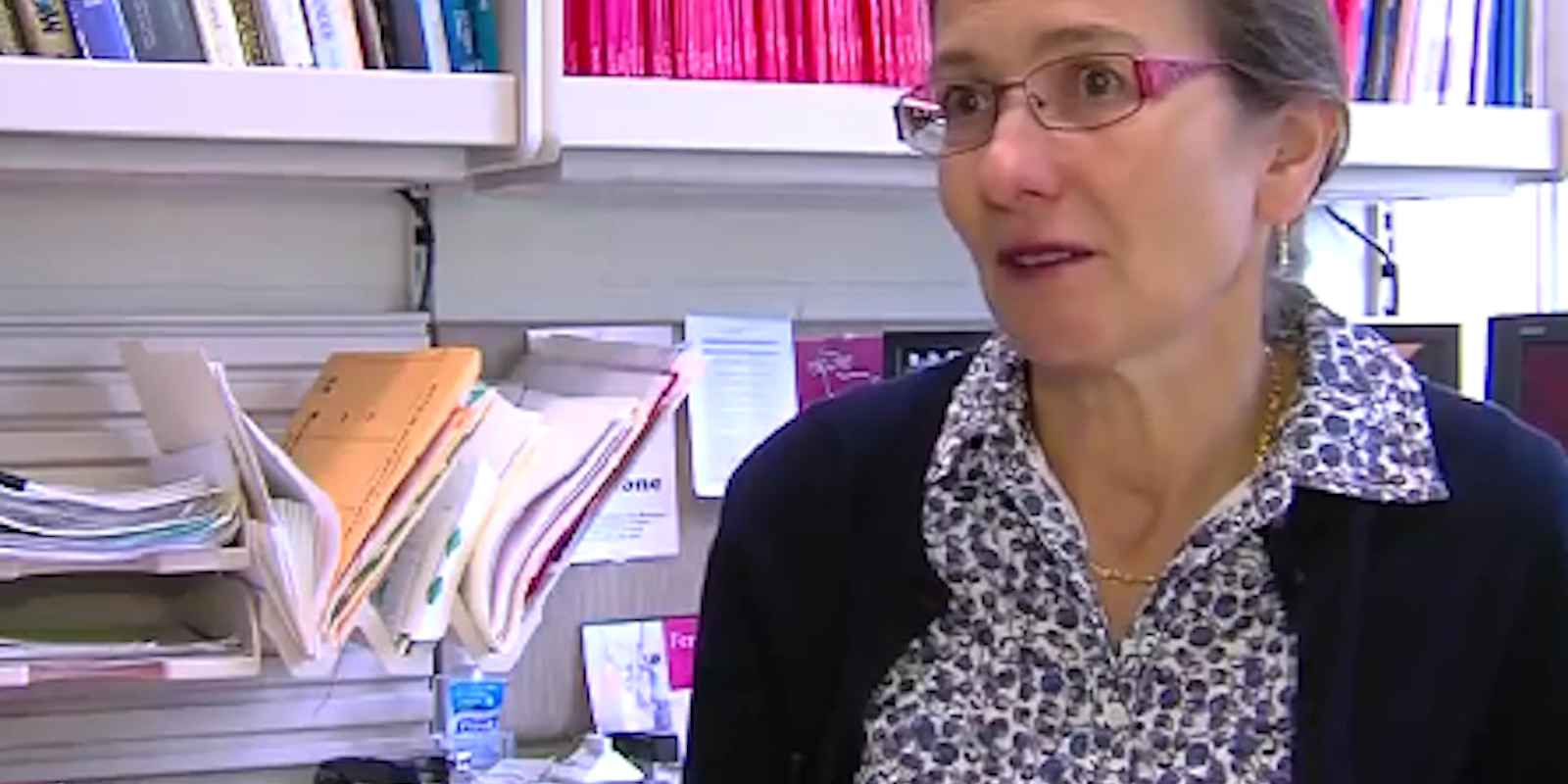Most self-respecting graduate students are loath to admit how often they use Wikipedia. That may change, however, if more teachers start following the lead of professor Gunseli Berik’s class at the University of Utah. In lieu of a term paper, her students are writing articles for the free encyclopedia that anyone can edit.
The goal is to fill in Wikipedia’s knowledge gaps and also to provide some balance for the site’s well-publicized gender disparity problem.
“They had to identify gaps on Wikipedia,” Berik, an economics professor, told KSL. “So either an article is inadequate, there’s limited information or there’s no article on the subject that they’re interested in. So they had to identify a topic and they ended up writing 15 articles.”
It’s tempting to laugh off Berik’s idea. Could there be a greater example of Wikipedia’s (supposed) insidious effect on academic rigor? Berik, however, raises some interesting points. For one, the encyclopedia is public, and that means a student’s scholarly work actually has a chance of being seen.
“It’s not going to end up in the dust bin at the end of the semester, or in a drawer,” Berik told KSL. “And it’s going to have a useful life at the end of the term.”
Beyond that, Wikipedia is collaborative by nature, and student articles will need to stand up to more than Berik’s critique: They’ll have meet the standards of the encyclopedia’s legions of volunteers.
“Knowing that it would be public, and that my work was going to be out there and I have to make it as accurate as can be, because that’s the way I wanted it,” one student told KSL’s Keith McCord.
Berik first ran the experiment last spring. Her students contributed 15 articles on subjects related to the class topic—gender and economic development in the third world. She’ll run the same course this fall and plans on adding the Wikipedia element to her Ph.D.-level class on labor and gender.
Berik’s work is part of a broader education program run by Wikipedia, which asks professors to encourage their students to contribute to the encyclopedia for class credit.
Photo via KSL


